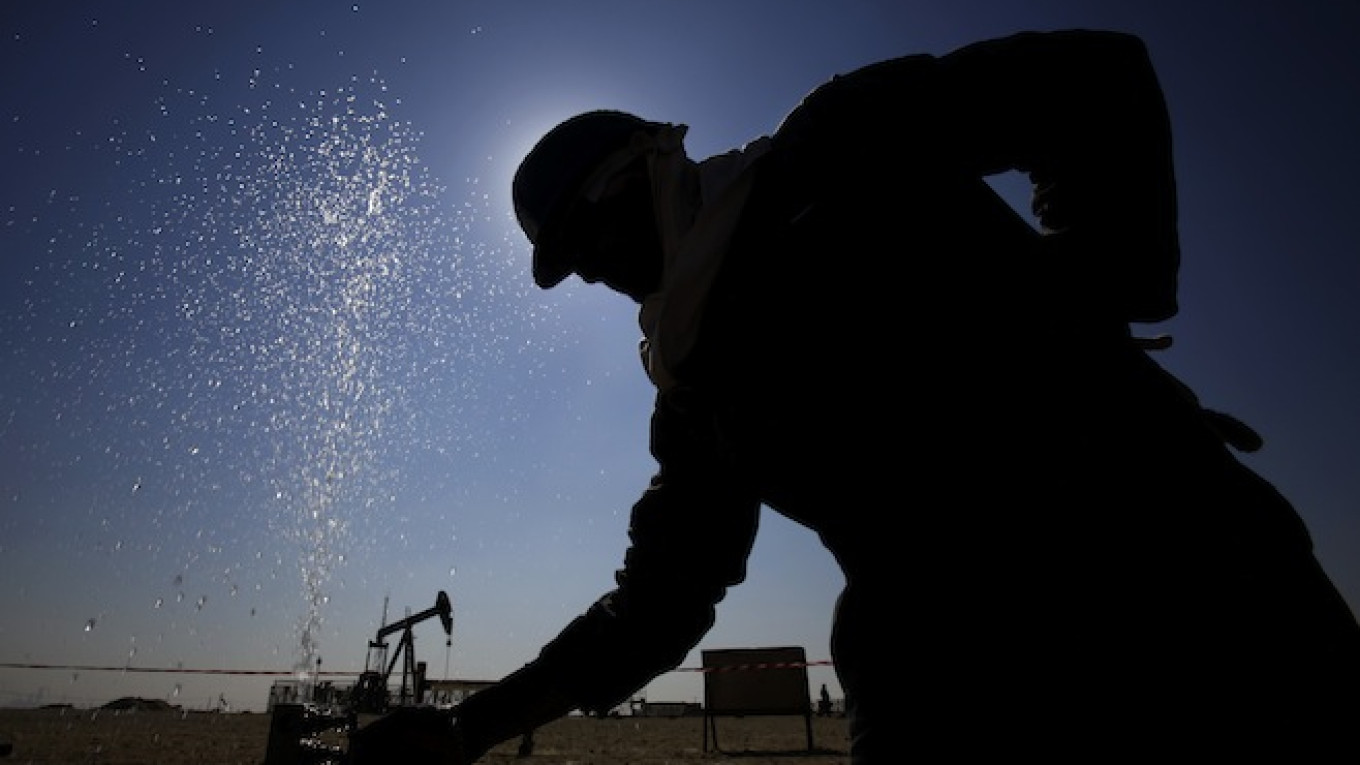Over the last month the oil market has been torn between conflicting statements. Most recently, Qatar's government announced that it would host a meeting on April 17 in Doha for oil producers both inside and outside OPEC to discuss a freeze of crude production. At an earlier ministerial meeting of the “oil quartet” in Qatar last month, Saudi Arabia and Russia together with Venezuela and Qatar expressed readiness to freeze oil output at the level of January 2016.
First of all — just for clarity ?€” back in February there was no binding deal reached in Doha. The freeze is conditional upon other countries signing up. As Russia's Energy Minister Alexander Novak explained: ?€?The decision will be taken if other producers join this initiative.?€? Then followed an attempt to enlist more oil exporters to bolster the move. To date, it’s been on principle hailed by several countries including Iraq and Nigeria, which however made no specific commitment. The most contrarian statement came from Iran, which abstained from joining the freeze.
Most importantly, last month Saudi Oil Minister Ali al-Naimi put a nail in the coffin of any hopes for curtailing crude supplies. He deliberately stressed that the freeze is not a rehearsal for a production cut which is just ?€?not going to happen.?€? This is a crucial revelation by the octogenarian minister: without Saudi Arabia lowering crude output such an agreement is basically dead in the water.
To understand Saudi reluctance to cut production look no further than 1981-1986, the deepest oil price collapse in history. Prices dropped 3.6 times ?€” the current decline is close to this mark but has not yet broken the historical record. The Saudi Kingdom attempted to single-handedly pull the entire world out of the price slump by cutting production to a record low ?€” to almost one third of its 1981 level from 10.3 to 3.6 million barrels per day. Tellingly, it was Al-Naimi who oversaw oil production at Saudi Aramco during the time of its deepest cutback.
In the 1980s Saudi Arabia learned a hard lesson. The production cut did not affect crude prices ?€” to the contrary, the market entered a prolonged period of cheap oil. Moreover, non-OPEC competitors increased exports at Saudi?€™s expense. Al-Naimi is well aware how dearly his country had to pay for these experiments ?€” the level of per capita income then decreased significantly. It took the Saudis 20 years to restore oil production to pre-cut levels; and they never managed to fully restore their market share.
But if the Saudis were not going to cut production in the first place then why bother organizing the whole show in Doha? And why is the ?€?oil quartet?€? trying to enlist more countries to take part in their meeting in April? The most likely answer is that the ?€?freeze?€? initiative, despite all the international pomp, is not aimed at the global energy market ?€” which the ministers know won?€™t be impressed ?€” but rather at their domestic audiences.
It is widely expected that 2015 will turn out to be the last year of production growth for Russia?€™s oil industry ?€” the government has already admitted that production will fall this year and by 2035 it may decline at major fields by as much as 34.5 percent. The same is likely to be true for Venezuela which is on the brink of a default and which, along with Russia, is the driving force behind the ?€?quartet?€?. In such circumstances some of the worst affected petro-states may jump onto the bandwagon in April. They may think that it is better to present an imminent fall in production as part of a cunning geopolitical arrangement than to acknowledge that it's the result of a worsening domestic economic crisis.
So far the optical illusion has been working to some degree. Crude prices have rallied more than 30 percent from the 12-year low in early February which was proudly presented in the Russian official media as proof of the ?€?freeze?€™s?€? efficiency. But as the International Energy Agency put it in its latest report: ?€?There are clear signs that market forces ?€” ahead of any production restraint initiative ?€” are working their magic and higher cost producers are cutting output.?€?
Most importantly, in the U.S. ?€” the new global ?€?swing producer?€? ?€” shale oil extraction is finally taking a hit. In other words, under low oil prices, production is going to gradually fall across many producing countries regardless of the ?€?freeze.?€?
The forthcoming Doha meeting in April may at first glance seem like the making of a new geopolitical entente ?€” even an alternative OPEC. However upon closer examination it appears that politicians from several countries are just trying to put a good face on a bad game. Essentially, it?€™s just a PR exercise for internal consumption.
Peter Kaznacheev is an energy economist and formerly a senior advisor in the Russian Presidential Administration (2003 – 2005). He is director of the RANEPA Center for Resource Economics, a think tank.
A Message from The Moscow Times:
Dear readers,
We are facing unprecedented challenges. Russia's Prosecutor General's Office has designated The Moscow Times as an "undesirable" organization, criminalizing our work and putting our staff at risk of prosecution. This follows our earlier unjust labeling as a "foreign agent."
These actions are direct attempts to silence independent journalism in Russia. The authorities claim our work "discredits the decisions of the Russian leadership." We see things differently: we strive to provide accurate, unbiased reporting on Russia.
We, the journalists of The Moscow Times, refuse to be silenced. But to continue our work, we need your help.
Your support, no matter how small, makes a world of difference. If you can, please support us monthly starting from just $2. It's quick to set up, and every contribution makes a significant impact.
By supporting The Moscow Times, you're defending open, independent journalism in the face of repression. Thank you for standing with us.
Remind me later.


